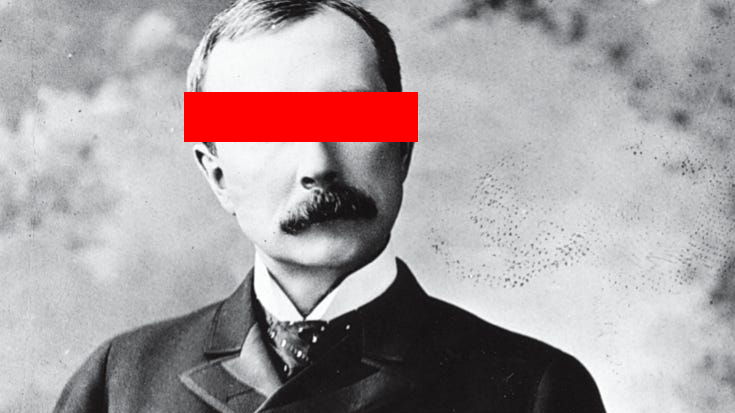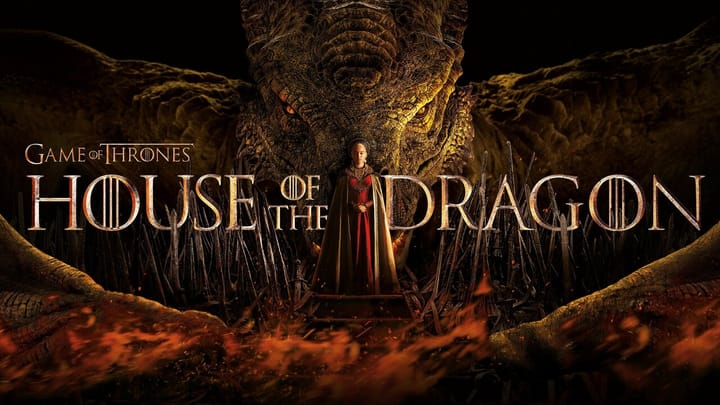Made In Japan: The History of Sony by Akio Morita (Summary)
Sony was founded after World War II by Akio Morita. Its first office was a bombed-out building that was falling apart and could collapse at any time. The employees wore war uniforms because they couldn't afford clothes.

Key Takeaways
- Akio Morita is the founder of Sony.
- Sony was founded after World War II.
- Total immersion is essential. If you want to learn a language, move to that country and talk to the natives. If you want to learn business, start a business and talk to businessmen.
- Sony’s first office was a bombed-out building. It was falling apart and could collapse at any time. However, at that old building, they were producing high-quality tape recorders. Everyone was shocked that they could make such high-quality products in such poor conditions.
- If you’re going to sell high-quality, high-priced products, you need an affluent market—a rich and sophisticated country.
- Radical new products often receive backlash even if they’re amazing. Akio pushed for the Walkman to be created even though his whole company pushed back on the idea. The Walkman was a variation of a tape recorder but it had no recording capability. His employees said nobody would buy it since it couldn’t record audio. Akio said it was made to be a portable music player. They made it and it was a huge success.
- Sharpen your mind and body. Don’t move towards comfort. Read books and study. Work out even when you don’t feel like it. Play a sport. When at home, don’t use a heater or a fan. Get used to being uncomfortable—it trains your brain to be comfortable in any situation.
- Avoid boring people—people who haven’t read a lot or lived exciting lives.
- Hire a paid critic. Akio hired a student to critique the Sony tape recorder and test Sony products. Interestingly, this critic later became the president of Sony. You can get critics for a very low cost—get the best one you can as early as possible.
- Sony set up a system where employees working in one department could confidentially apply for another department. This allowed employees with bad managers to get a new manager without having to quit and go to a different company. Akio was able to pinpoint bad managers because many of their subordinates would request to be moved.
- When you see a company spending its money on lavish dinners or other luxuries, it’s a leading indicator that the company will go bankrupt. This goes for individuals too. The people spending their money on designer clothes and luxury cars have compounding costs (the opposite of compounding returns). Invest your income into assets, R&D, and education.
- Spend less than 1% of operating profit on your headquarters offices. If a company spends 10%+ it’s a big red flag.
- What is a business? It’s a capital allocation vehicle. If you’re spending 10% on unproductive expenses (like offices), you will lose to superior capital allocators.
- Ex) FTX spent nearly $7 million on food and over $15 million on luxury Bahamian hotels in just 9 months. They spent almost $6 million at a single hotel and $1 million on one caterer. FTX's Bahamian entity spent nearly $40 million on hotels, food, and travel in just nine months.
- Resourcefulness is the key to success. Do not be wasteful.
- What you learn in school only becomes useful when you add something to it that you yours and you do it yourself.
Full Notes
- Akio was one of Steve Jobs’s idols. Steve said he wanted Apple to be the Sony of computers.
- Akio had radical self-belief. Some would even say he was cocky.
- Total immersion is essential. If you want to learn a language, move to that country and talk to the natives. If you want to learn business, start a business and talk to businessmen.
- Akio was self-taught in electronics and technology. He read a bunch of books when he was young. There were no teachers for technology in Japan at the time.
- Andrew Carnegie invested heavily in technology. The older businessmen said he was wasting his money. But the company with 10x better technology wins. (If technology is close, then community wins.)
- But your competition is either being literally #1 in the world or being niche. Take New York Times, for instance, they’re the largest digital newspaper. To beat them and be literally #1 in news in the world, you need to have the absolute best technology—10x better if you want people to switch. But if you niche down and only do Tesla news, like Tesla Daily or Teslarati, then you’re niche and your tech doesn’t need to be nearly as good.
- Masaru Ibuka (Akio’s future business partner) starts by trying to add new features to products a lot of people already had rather than trying to make something completely new.
- Ibuka is 13 years older than Akio.
- Sony’s initial office was a bombed-out building. It was falling apart and could fall down at any time. At that old bombed building they were producing high-quality tape recorders. Everyone was shocked that they could make such good products in such poor conditions.
- Far in the future, when Steve Jobs visits Sony, he asks Akio why the employees are wearing war uniforms. It was because they couldn’t afford clothes. This was how bad the conditions were at the beginning of Sony.
- Every time a bubble pops, investors learn a lesson that they could have learned by studying history.
- Akio is kind of like Steve Jobs and Ibuka is like Steve Wozniak, to use an Apple analogy. Akio starts selling and Ibuka is the engineer.
- They made a pocket-sized radio next. But it was slightly bigger than a pocket, so they made some shirts with bigger pockets for the demonstration.
- Sony sold a ton of Walkman (400 million) before the iPod was even a product. It was one of the most popular products.
- Sony’s mission was to make Japanese products be seen as high-quality globally. At the time, everyone associated Japanese products with low quality. They used to print “Made in Japan” as small as they could on their products because of the stereotype.
- If you’re going to sell high-quality, high-priced products, you need an affluent market—a rich, sophisticated country.
- Radical new products often receive backlash even if they’re amazing. Akio pushed for the Walkman to be created even though his whole company pushed back on the idea. The Walkman was a variation of a tape recorder but it had no recording capability. His employees said that nobody would buy it since it couldn’t record audio. But it was made to be a portable music player. It turns out everyone wants a portable music player.
- Sharpen your mind and body. Don’t move towards comfort. Read books and study. Work out even when you don’t feel like it. Play a sport. When at home, don’t use a heater or a fan. Get used to being uncomfortable—it trains your brain to be comfortable in any situation.
- Avoid boring people—people who haven’t read or lived exciting lives.
- Hire a paid critic. Akio hires a student who criticized the Sony tape recorder to test the Sony products and say how they can be improved. Interestingly, this critic later becomes the president of Sony.
- Don’t work at a job you hate—you’ll regret it.
- Sony set up a system where employees working in one department could confidentially apply for another department. This allowed employees with bad managers to get a new manager without having to quit and go to a different company. Akio was able to pinpoint bad managers because many of their subordinates would request to be moved.
- Management can be a con job. It can’t be quantified by next quarter’s bottom line. And the best managers aren’t flashy—they solve problems before they get too big. On the other hand, bad managers are always saving the company from a catastrophe that they caused or overlooked.
- Managers can look good now by improving short-term revenue but hurting the company in the long run.
- Think about the long term. Think about second and third-order consequences. You must also consider the return 5-10 years from now, not just the return in the next quarter.
- All great things take time. You can’t make a baby in 1 month by getting 9 women pregnant.
- When you see a company spending its money on lavish dinners for employees or other luxuries, it’s a leading indicator that the company will go bankrupt. This goes for people too. The people spending their money on designer clothes and luxury cars have compounding costs (the opposite of compounding returns).



Comments ()